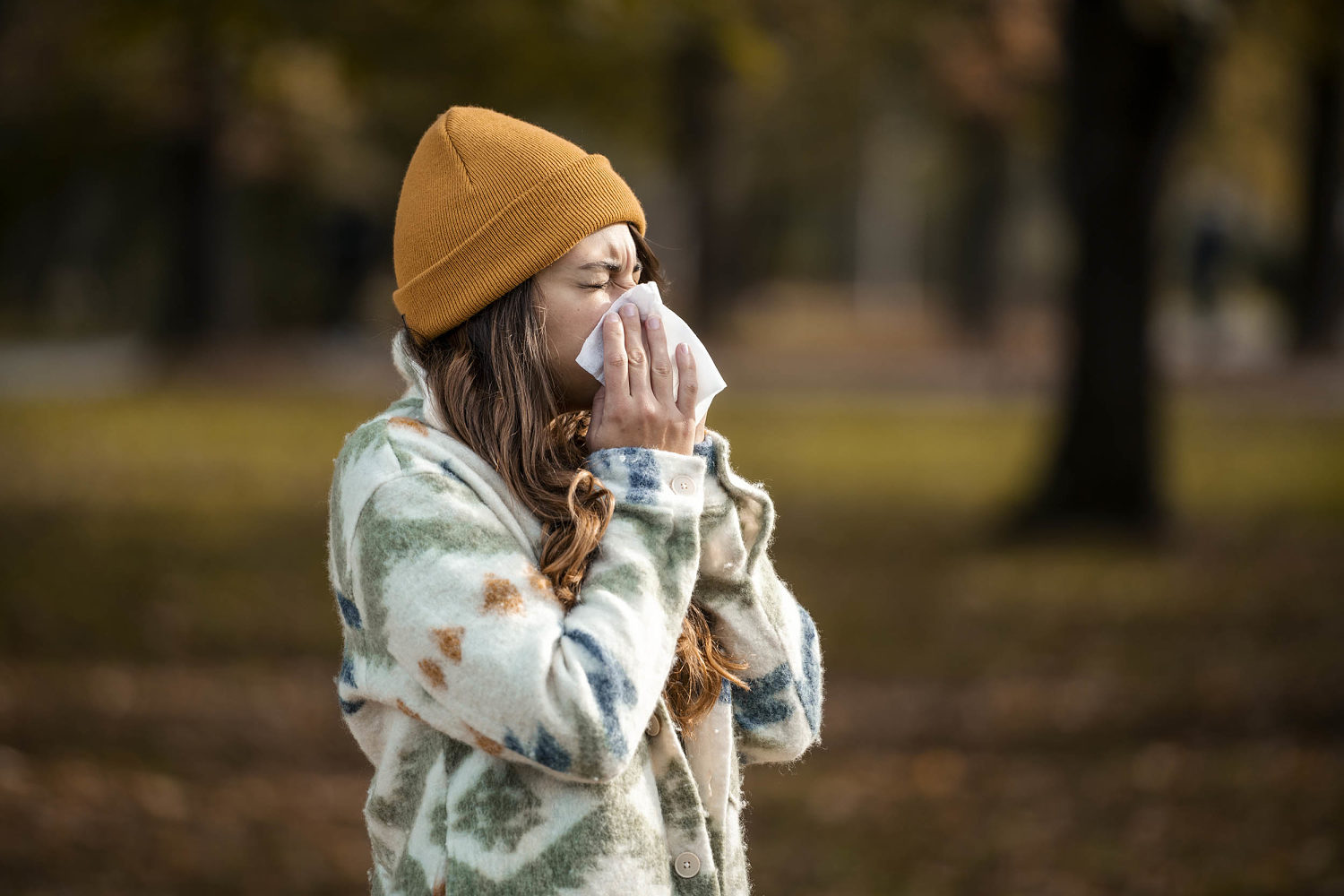Fall doesn't just bring beautiful foliage and pumpkin spice everything, it also brings pollen. And if your sneezing, itchy eyes and congestion feel even worse this year, you're not alone. But are fall allergies actually more severe this year? "Absolutely," Dr.
Zachary Rubin, an allergist with and spokesperson for the American College of Allergy, Asthma and Immunology, tells TODAY.com As the climate gets warmer and stays warmer for more of the year, allergy season is beginning earlier — and , he explains. And if your fall allergy symptoms seem worse than your spring allergies were, you might simply react more strongly to the types of pollen that are prevalent later right now, NBC medical contributor Dr.
Natalie Azar said on . While tree pollen surges in the spring followed by grass in early summer, ragweed is at its peak in late the summer and early fall, Azar explained. Additionally, allergies can fluctuate throughout your life.
So the things you may have been more allergic to as a kid might not cause as much of a reaction now. Or you may find that you're getting more severe allergies at different times of year. "When I was growing up, I was a spring and summer allergy person," Azar said, "and now I'm changing.
" There are "a few culprits" when it comes to fall allergens, Rubin says, and the main one is ragweed pollen. "Ragweed releases pollen in the late summer, up until the first hard frost of the year," he explains. In general, that's from around Labor Day until the first.


















